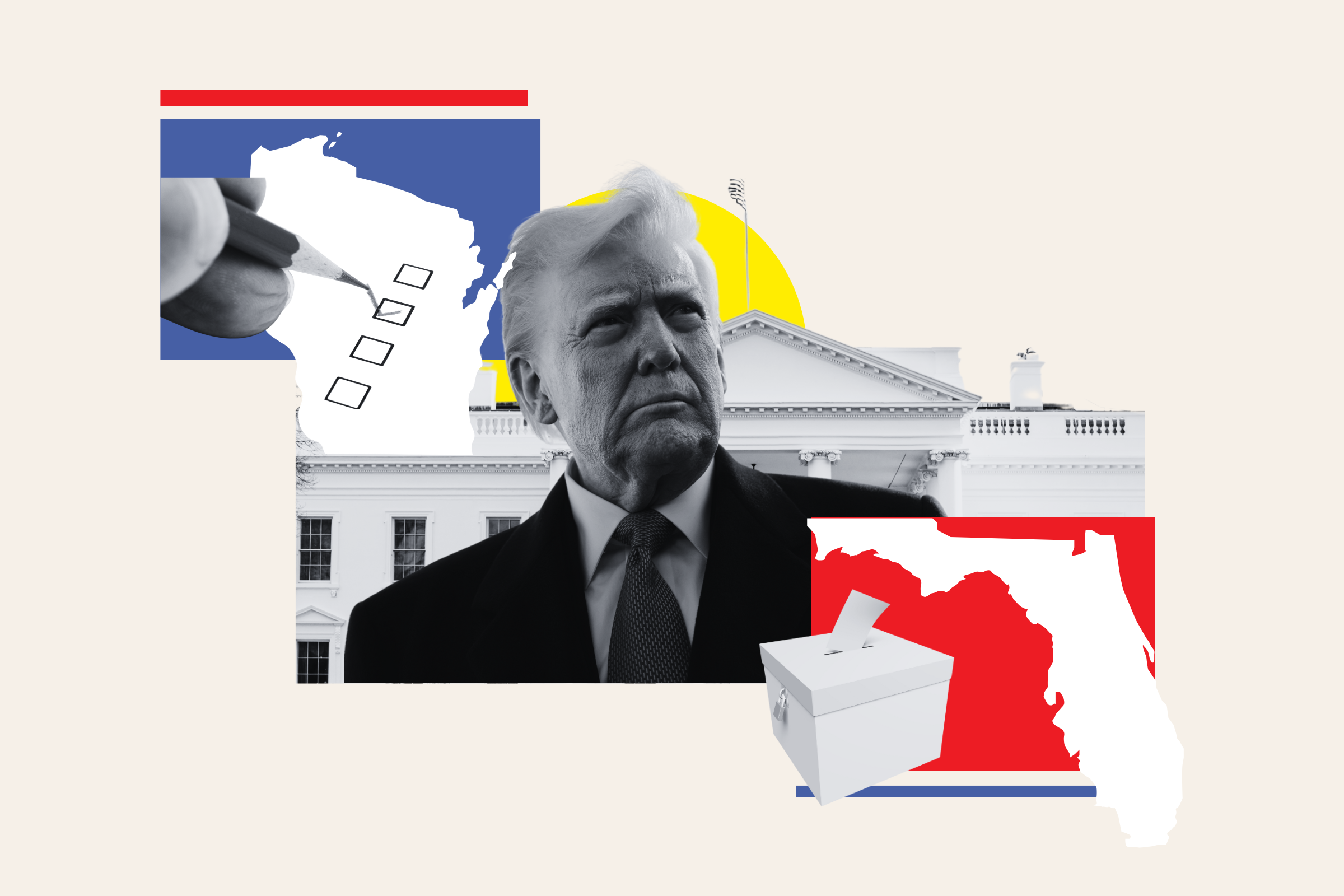On Thursday, President Donald Trump signed an executive order designed to dismantle the Department of Education and return education dollars and decisions to families, where they belong. The order follows the Department of Education's announcement the previous week that it would cut nearly 50 percent of its workforce.
The latest national education scores, released earlier this year, reveal the 45-year experiment with federal control of K-12 education has failed. Student reading scores fell in 2024 to some of their lowest levels in decades. Math scores stagnated, remaining well below pre-pandemic levels. Only around one-third of students are proficient in these foundational skills needed to succeed in today's economy.
Meanwhile, as student performance fell, annual inflation-adjusted Education Department spending increased from $61 billion in 2000 to $268 billion in 2024.
It's clear Trump's new education approach is necessary, but some commentators insist on judging bureaucratic intentions instead of results. For example, some critics claim Trump's plans threaten the Education Department's Title 1 funding for poor schools. Georgetown professor Richard Fowler argues that "stripping away these resources would widen the gap between affluent and low-income communities."
Yet in reality, the education gap is wider than ever under the current top-down federal model, which prioritizes bureaucracy and regulation over innovation and freedom. The latest national education scores reveal reading and math performance is falling much faster among poor students.
A better approach is to simply give Title 1 money to poor parents and let them pick their schools. That is exactly what Trump's order intends to do. Putting funding in students' backpacks would eliminate the bureaucracy that reduces its impact when administered federally. According to Gloria Romero, cofounder of the charter school Explore Academy, local and state education agencies employ approximately 50,000 people mainly to comply with burdensome (and often woke) requirements imposed by the then-4,400 Education Department employees.

Federal control of education has become a jobs program for bureaucrats, and it puts students last. Throwing more Washington money at the problem only works for unions and administrators.
In contrast, education freedom is a bottom-up reform that can reverse declining test scores by moving students into better learning environments and ensuring tax dollars go to actual educational activities. To accurately measure learning progress, one of the few Education Department activities that must be protected is the National Center for Education Statistics, which administers the National Assessment of Educational Progress, the best test we have for knowing how our students are doing.
States are already taking the lead on education reform. Fifteen of them have passed universal education freedom initiatives over the past four years that empower families to choose the best education for them. Several more states, led by Texas, are on the verge of passing similar universal education freedom legislation.
In Florida alone, 524,000 kids used school choice scholarships to get better educations in 2024.
Returning Education Department funds to families, as Trump has ordered, will accelerate this education freedom revolution. When all families have the ability to pursue the best education option for their children, we will see school quality, accountability, and trust improve.
In expressing his opposition to Trump's decision, Fowler argued that "Our children deserve more thoughtful policy solutions that will ensure every one of them has access to a high-quality education—no matter where they live or how much their parents make."
We couldn't agree more. But history and common sense show the solution is boosting education freedom, not preserving the failed Washington status quo.
William Bennett is a former U.S. Secretary of Education and Senior Education Policy Advisor at Job Creators Network. Alfredo Ortiz is CEO of Job Creators Network, which is part of the Education Freedom Alliance.
The views expressed in this article are the writers' own.



